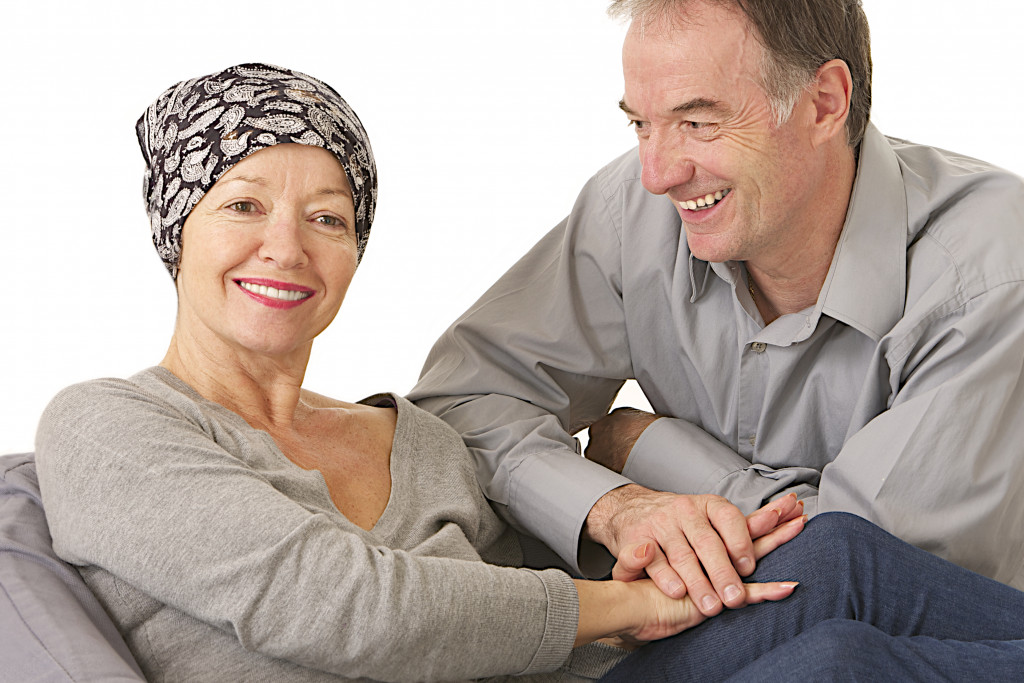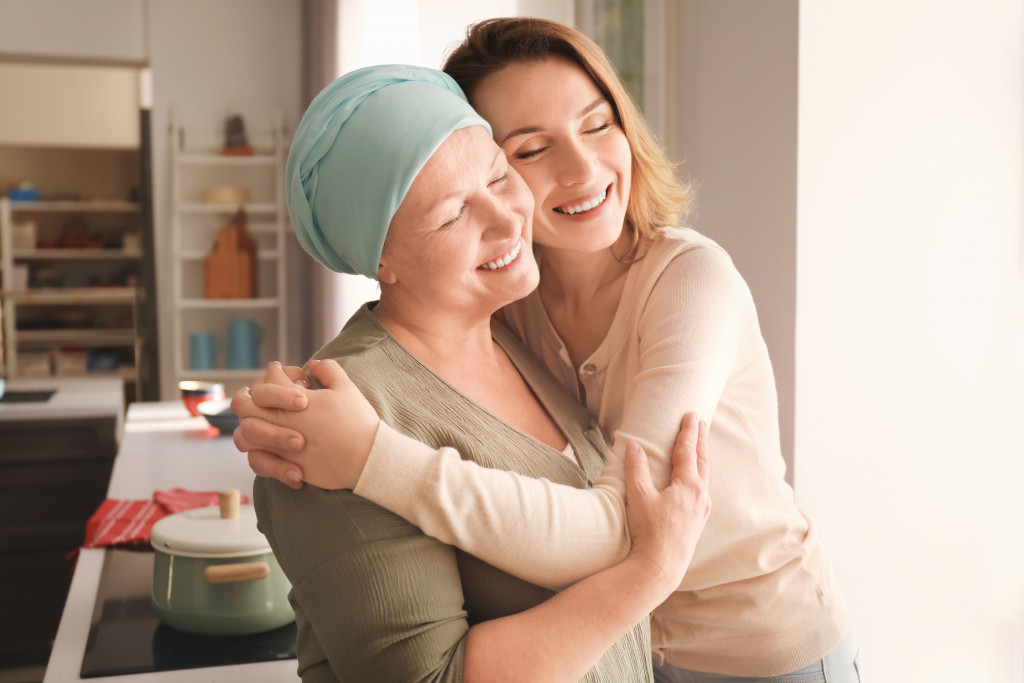Cancer is one of the most common diseases in the United States. It affects millions of people every year and can have a devastating impact on individuals and their families.
Cancer usually happens when the body’s cells begin to grow and divide uncontrollably. These abnormal cells continue to divide and spread, causing harm to the body and eventually leading to death if left untreated.
There are many different types of cancer, each affecting specific body parts. Some common examples include breast cancer, lung cancer, and skin cancer. However, all of these cancers have the potential to lead to disability. Here’s how that can happen.
How Cancer Can Lead to Disability
Cancer can lead to disability in three ways: physically, emotionally, and cognitively.
Physical Effects of Cancer
The physical effects of cancer can be far-reaching. For example, cancer can cause pain, fatigue, and problems with mobility. Cancer can also lead to amputation, paralysis, and organ damage. These physical effects can make it difficult for you to care for yourself and live your everyday life.
Emotional Effects of Cancer
The emotional effects of cancer are just as debilitating as the physical effects. Cancer can cause anxiety, depression, and fear. These emotions can make it difficult for you to cope with your diagnosis and treatment. Additionally, the emotional effects of cancer can make it difficult for you to maintain relationships with your family and friends.
Cognitive Effects of Cancer
Cancer can also have cognitive effects. Cancer can cause problems with memory, attention, and executive functioning. These problems can make it difficult for you to think clearly and make decisions. Additionally, the cognitive effects of cancer can make it difficult for you to return to work or school after treatment.
Cancer is a debilitating disease that affects every aspect of your life. The physical, emotional, and cognitive effects of cancer can be overwhelming. However, treatments available can help you cope with the disabling effects of cancer. Here are five treatments you need to know when battling cancer.
Chemotherapy
One of the leading treatments for cancer is chemotherapy. It was discovered in the 1940s and used as a common cancer treatment. Chemotherapy involves the use of drugs to kill cancer cells. It can effectively treat many types of cancer, but it also has potential side effects such as hair loss, nausea, and fatigue.
Radiation Therapy
Another common cancer treatment is radiation therapy. This involves using high-energy beams, such as X-rays, to kill or shrink cancer cells. Radiation therapy can be targeted to specific areas in the body and is often used with chemotherapy or surgery. It can have side effects like chemotherapy, such as skin irritation and fatigue.
Immunotherapy
Immunotherapy is a newer cancer treatment that helps strengthen the immune system to fight cancer cells. It can be used as a standalone or in combination with other treatments, such as chemotherapy or radiation therapy. Immunotherapy has fewer side effects than traditional treatments and can be effective for some types of cancer.
Surgery
In some cases, surgery may be necessary to remove the cancerous tumor from the body. This can be an effective way to treat certain types of cancer, especially when combined with other treatments such as chemotherapy or radiation therapy. However, surgery has risks and potential complications, including infection and pain.
Targeted Therapy
Targeted therapy is a type of treatment that targets specific genes or proteins in cancer cells. This type of therapy can effectively treat certain types of cancers and often has fewer side effects than traditional treatments.
Cancer is a debilitating disease. Thankfully, there are treatment options available to help you cope with the disabling effects. But prevention will always be better than cure. If you want to prevent cancer, ensure that you do these things.
Check-ups
Cancer can often be discovered before it gets worse. Specific scans, such as MRI scans, have even discovered cancer in its early stages. If you don’t want to get a referral from a doctor, there are now no-referral MRI scans. You can do these scans at your leisure. It’s one of the best ways to get yourself scanned for cancer without the hassle of getting a referral.
Eating Healthy
Eating a balanced diet with plenty of fruits and vegetables can help decrease your cancer risk. Studies have shown that certain plant compounds called phytochemicals can reduce cancer risk. Additionally, maintaining a healthy weight through exercise and eating well can also lower your chances of developing cancer.
Environmental Awareness
Avoiding environmental pollutants such as air pollution or secondhand smoke can decrease your cancer risk. Staying informed about potential carcinogens in products or foods is essential in preventing cancer. Taking steps to limit exposure to these carcinogens can help protect you from developing the disease.
You can improve your odds against cancer with proper treatment and prevention measures. Stay informed and take control of your health to decrease your risk for cancer. Through these ways, you can live a much healthier and happy life.

